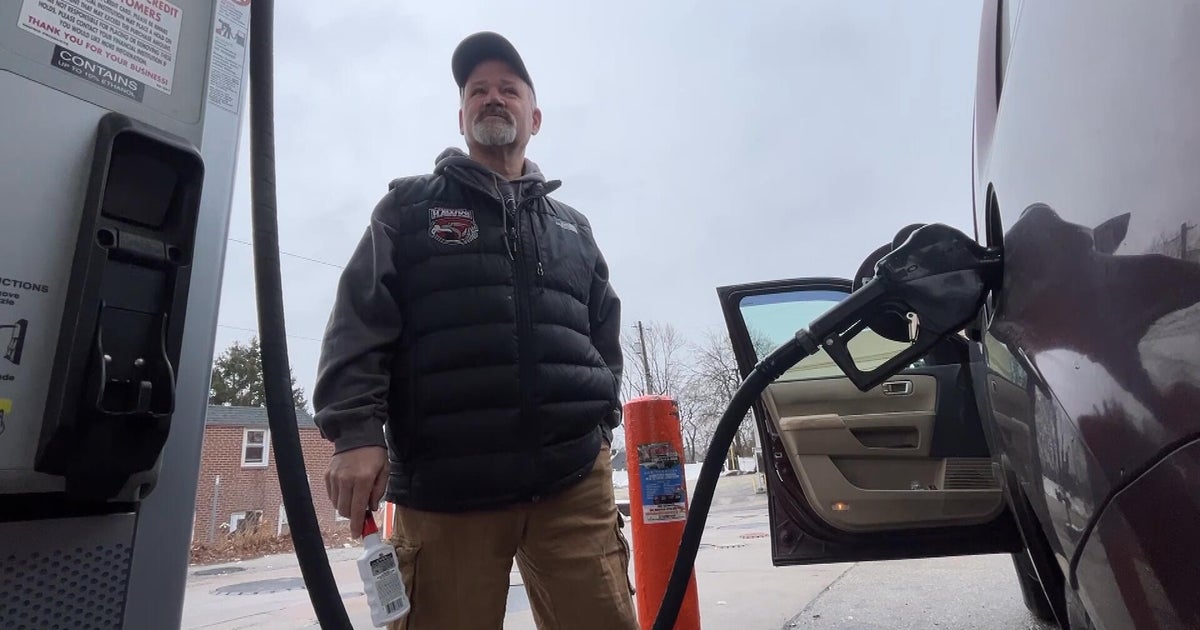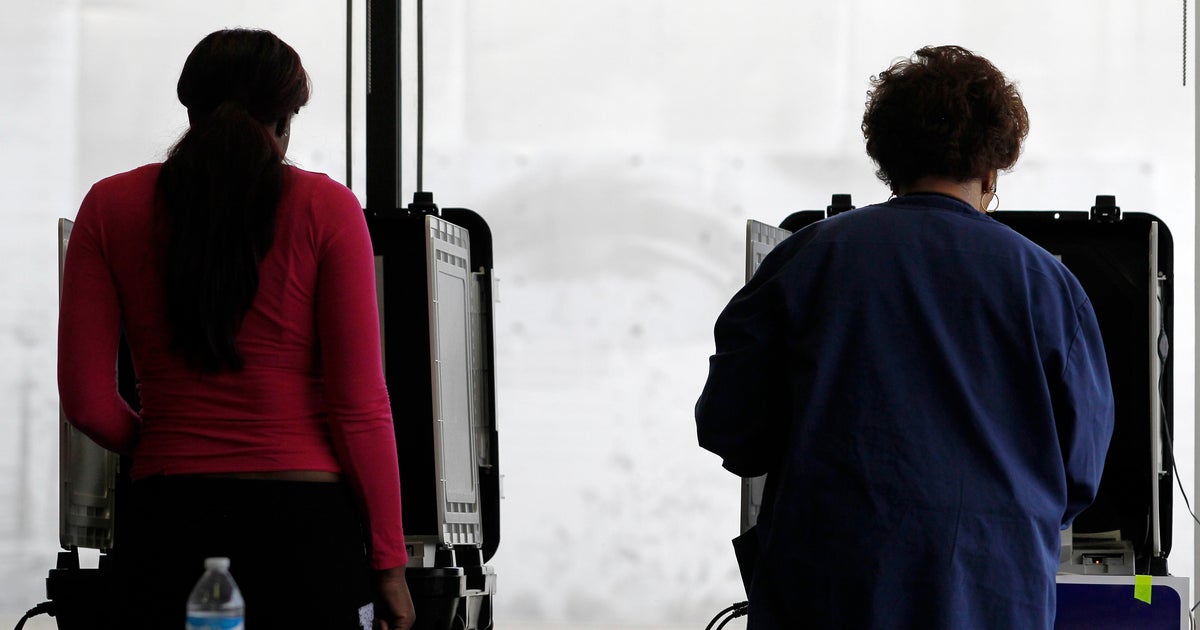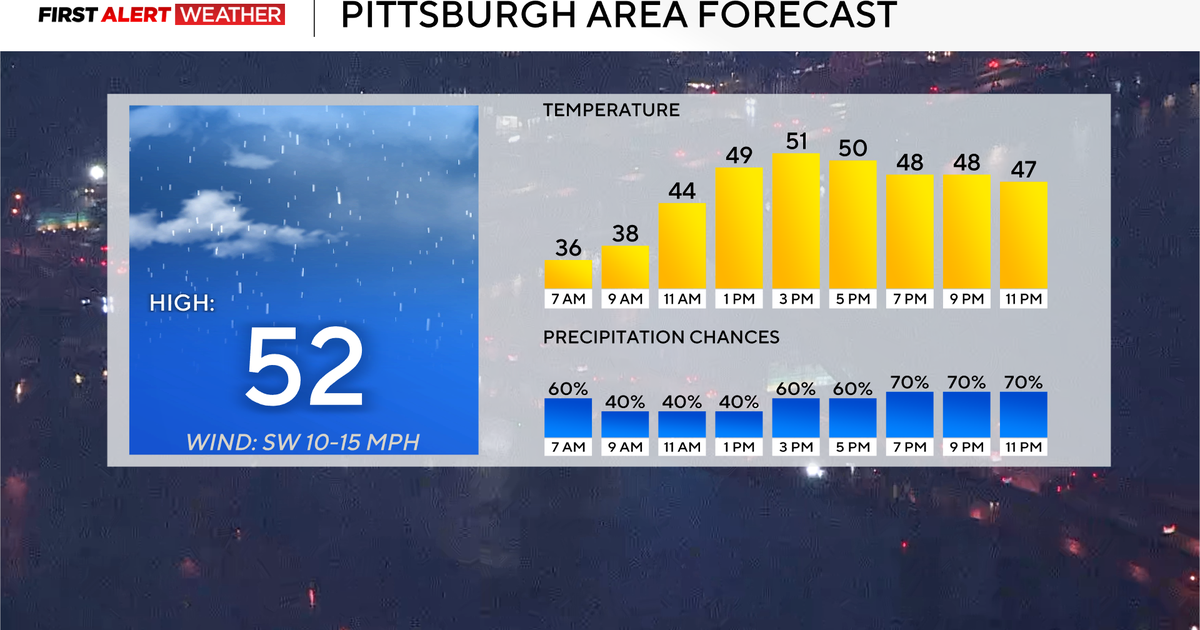New Device Could Be Game-Changer For Treating Diabetes
PITTSBURGH (KDKA) – Terilyn Gillespie has had diabetes almost her whole life.
Over the years, she's checked her sugar levels in many different ways: urine tests, blood test.
"I had this gigantic machine that I carried around," Gillespie said.
She now uses a more discrete insulin pump, in conjunction with a sensor which monitors her blood sugar.
"If you can just imagine putting a little tack in your stomach," Gillespie said. "It's taking my blood sugar every six to eight minutes."
If her level drops too low, the sensor wirelessly shuts the insulin pump off.
If a pump continues to give insulin when the blood sugar is low, that could be catastrophic. Usually, a person might feel weak, shaky, sweaty. But what if they're asleep or can't feel those things?
"I've developed hypoglycemia unawareness," Gillespie said. "I no longer have symptoms when my blood sugar goes low."
A normal blood sugar, or glucose level, is 100. Hers would go as low as 20 or 30 several times a week.
"I typically get my lows in the middle of the night," she said.
The shutoff feature is a safety mechanism. With very little glucose, you can lose consciousness and lose brain cells.
Insulin is a hormone that helps the body process sugar and carbohydrates. The body normally balances blood sugar and insulin secretion. Insulin comes from a gland called the pancreas. It would be a huge advance if the pump could also give a correct insulin dose based on the correct glucose, much like your own pancreas would.
"It needs to be able to figure out how much insulin to give for what blood glucose for that patient, but it's different for everyone -- and it's not quite there yet," said West Penn Hospital Diabetes Specialist Dr. Patricia Bononi. "Because each patient is individual and responds differently to insulin and glucose, to sort out all those variables, it's really going to be tough."
Gillespie is hesitant to take that next step should such a device become available.
"I'm not comfortable with the idea of the pump going ahead and giving me insulin on its own so to speak," she said. "Just because there have been times when it thinks I'm at 400, and I'm only at 160."
RELATED LINKS
More Health News
More Diabetes Information
More Reports by Dr. Maria Simbra
Join The Conversation On The KDKA Facebook Page
Stay Up To Date, Follow KDKA On Twitter







